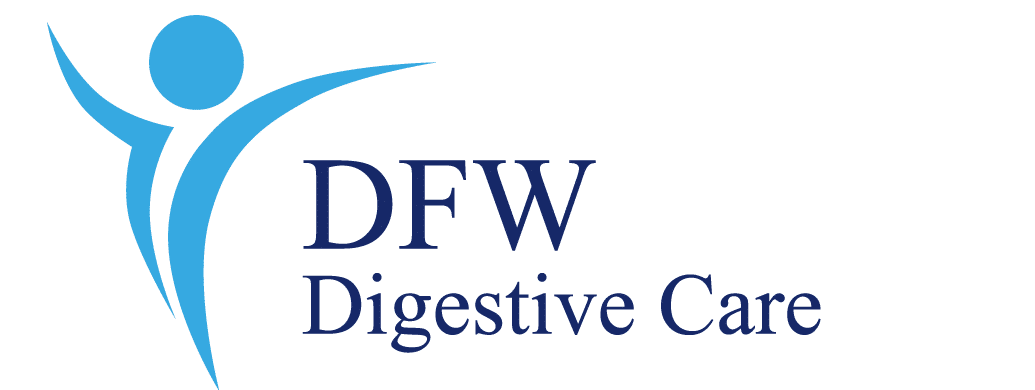Colon Cancer
The 7 Colon Cancer Warning Signs To Know
Dallas Area Office
12606 Greenville Ave
Dallas, TX 75243
Mon. - Fri. 8:00 – 5:00
Sat. - Sun. By Appointment
Southlake Office
470 E State Highway 114
Southlake, TX 76092
Mon. - Fri. 8:00 – 5:00
Sat. - Sun. By Appointment
Same Day Appointments
Tel: (817) 476-8933
Same-day consultations are available. Please call to confirm availability.
Colon cancer, also known as colorectal cancer, is a type of cancer that starts in the colon or rectum. Here are the seven warning signs of colon cancer that you should be aware of:
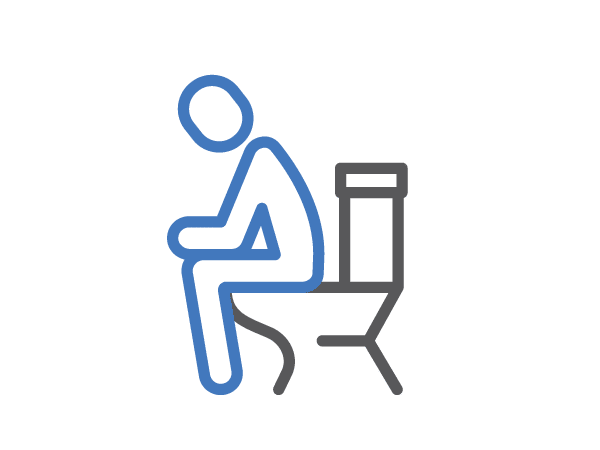
Change in Bowel Habits
If you have persistent diarrhea or constipation, or if you notice a change in the frequency of your bowel movements, it could be a sign of colon cancer.
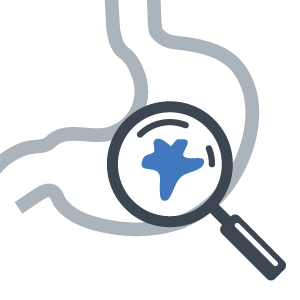
Blood in Stool
If you notice blood in your stool, whether it’s bright red or darker in color, it could be a sign of colon cancer. This symptom should be taken seriously and reported to your doctor immediately.
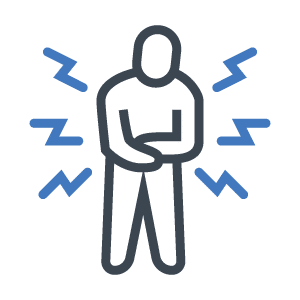
Abdominal Pain or Discomfort
Persistent abdominal pain or discomfort, including cramps, gas, and bloating, can be a symptom of colon cancer.
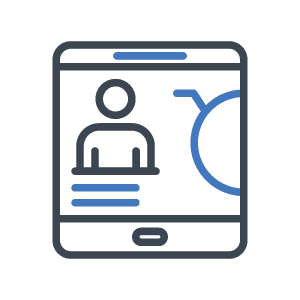
Unexplained Weight Loss
If you are losing weight without trying, or if you have a loss of appetite, it could be a sign of colon cancer.
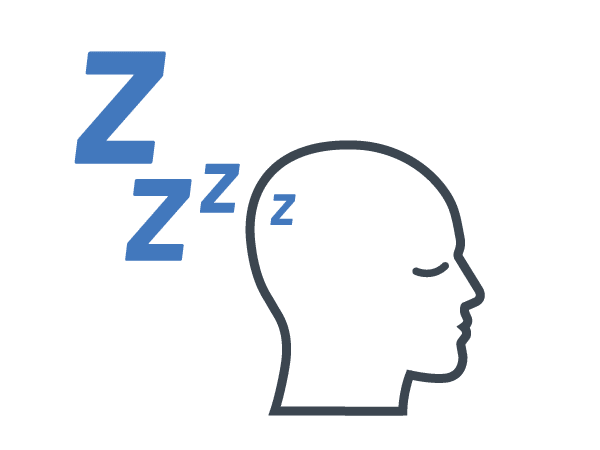
Fatigue and Weakness
If you are feeling weak or fatigued all the time, it could be a sign of colon cancer.
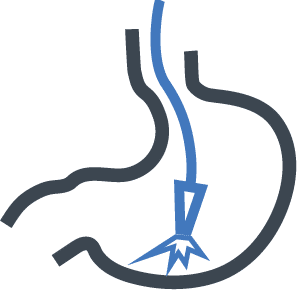
Iron Deficiency Anemia
If you have low iron levels in your blood, which can be detected through a blood test, it could be a sign of colon cancer.
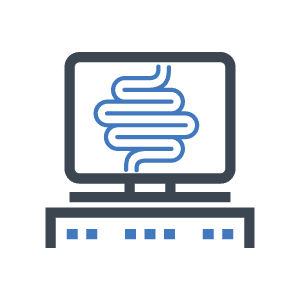
Bowel Obstruction
In advanced cases of colon cancer, a tumor can cause a bowel obstruction, which can lead to severe abdominal pain, nausea, and vomiting.
It is important to note that not all cases of colon cancer exhibit these symptoms, and some people may not have any symptoms at all. That’s why it’s important to get regular screenings, especially if you are over 50 or have a family history of colon cancer. If you notice any of these warning signs, be sure to talk to your doctor as soon as possible.
Treatment
If you think you have colon cancer, it’s important to seek medical attention immediately. Here are the steps you should take:
Make an appointment with your doctor: Schedule an appointment with your primary care doctor or a gastroenterologist. Be sure to tell them about any symptoms you’ve been experiencing, as well as any family history of colon cancer.
Get screened: Your doctor will likely recommend a screening test, such as a colonoscopy, to check for colon cancer. Screening tests are recommended for individuals over 50 or those who have a family history of colon cancer.
Follow your doctor’s recommendations: If your doctor finds colon cancer, they will discuss treatment options with you. Treatment options may include surgery, chemotherapy, or radiation therapy.
Take care of yourself: After a colon cancer diagnosis, it’s important to take care of yourself physically and emotionally. Follow your doctor’s recommendations for treatment and make sure to get enough rest, eat a healthy diet, and stay physically active. It may also be helpful to seek support from family, friends, or a support group.
Remember, catching colon cancer early can greatly improve your chances of successful treatment and recovery. So, if you’re experiencing any symptoms or are at increased risk for colon cancer, don’t hesitate to talk to your doctor and get screened.

Treatment
If you think you have colon cancer, it’s important to seek medical attention immediately. Here are the steps you should take: Make an appointment with your doctor: Schedule an appointment with your primary care doctor or a gastroenterologist. Be sure to tell them about any symptoms you’ve been experiencing, as well as any family history of colon cancer. Get screened: Your doctor will likely recommend a screening test, such as a colonoscopy, to check for colon cancer. Screening tests are recommended for individuals over 50 or those who have a family history of colon cancer. Follow your doctor’s recommendations: If your doctor finds colon cancer, they will discuss treatment options with you. Treatment options may include surgery, chemotherapy, or radiation therapy. Take care of yourself: After a colon cancer diagnosis, it’s important to take care of yourself physically and emotionally. Follow your doctor’s recommendations for treatment and make sure to get enough rest, eat a healthy diet, and stay physically active. It may also be helpful to seek support from family, friends, or a support group. Remember, catching colon cancer early can greatly improve your chances of successful treatment and recovery. So, if you’re experiencing any symptoms or are at increased risk for colon cancer, don’t hesitate to talk to your doctor and get screened.How can we help you?
Our Services
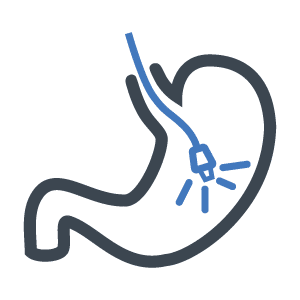
endoscopy
Endoscopic ultrasound is a test that lets your doctor look at the walls of your esophagus, stomach, and upper gastrointestinal tract. The test does not use X-rays or other radiation. The doctor uses a thin, lighted tube that bends.

colonoscopy
Having a colonoscopy can help doctors pinpoint the possible causes behind rectal bleeding, abdominal pain, chronic diarrhea, chronic constipation, along with other intestinal problems.

Colon Cancer Screening
If you’re over 50 or experience serious stomach pain, you should conduct regular screenings for colon cancer. Colorectal cancer is the second leading cause of death, accounting for 10 to 11% of cancer deaths overall.

ULCER CAUTERIZATION
Gastric and duodenal ulcers are open wounds in your digestive tract and intestine tract. Ulcers can cause abdominal pain and can lead to internal hemorrhaging if not closed via non-surgical cauterization.

ULCER SCREENING
Having a colonoscopy can help doctors pinpoint the possible causes behind rectal bleeding, abdominal pain, chronic diarrhea, chronic constipation, along with other intestinal problems.
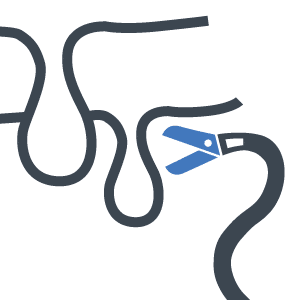
POLYP REMOVAL
If you’re over 50 or experience serious stomach pain, you should conduct regular screenings for colon cancer. Colorectal cancer is the second leading cause of death, accounting for 10 to 11% of cancer deaths overall.
What do you need to know?
Frequently Asked Questions
When to see a gastroenterologist?
Aside from being referred by your primary care doctor, you can also go directly to a gastroenterologist when you need a colon cancer screening, or you feel the following symptoms:
- Lethargy
- Loss of weight or appetite
- Vomiting
- Esophageal pain
- Excessive belching or gas
- Abdominal bloating or pain
- Acid Reflux Or Heartburn
- Dark urine
- Pale-colored stools
- Changes in bowel habits
- Diarrhea
- Hard-to-control bowel movement urges
- Leakage/underwear stains
- Rectal bleeding
What is an endoscopy?
This is a non-surgical procedure that uses an endoscope. The endoscope allows your gastroenterologist to see the insides of your digestive tract via a monitor.
That way, they can examine your digestive tract more accurately and efficiently.
What is a colonoscopy?
This is an examination to detect abnormalities or changes in your rectum or large intestines. It uses a colonoscope or a flexible tube that is inserted into your rectum. This allows your physician to see your colon’s insides because the colonoscope has a tiny video camera.
What is an EGD test?
To examine the lining of your duodenum (the upper part of your small intestine), stomach, or esophagus, you may need to undergo an EGD or esophagogastroduodenoscopy (also known as upper endoscopy).
This test also uses an endoscope that passes down your throat and along your esophagus.
That way, they can examine your digestive tract more accurately and efficiently.
How should I prepare for an upper endoscopy procedure?
You may need to do the following before an EGD:
- Set an appointment.
- Fast for about six hours before your appointment — no drinks or food.
- Get a driver to drive you home.
That way, they can examine your digestive tract more accurately and efficiently.
How long does an endoscopy procedure take?
We recommend you should be in our center for about two hours before an endoscopic procedure. For colonoscopy and EGD, you need to be sedated to make you comfortable and safe.
The test itself will only be about 30 minutes. However, you may need extra time for preoperative check-in, registration, and postoperative recovery.
Thus, the overall time you may spend in our center is about two hours.
That way, they can examine your digestive tract more accurately and efficiently.
Is my insurance acceptable?
As for Medicare, we currently do not accept it, but we accept all major insurance providers.
Before your test, we verify your benefits and eligibility. We will be happy to assist you, but you should also be aware of your insurance coverage.
Will I receive a bill after the procedure?
You may receive various statements for your bills. These include the following:
- Bill from the laboratory to analyze the specimens your physician obtain during your test
- Physician’s bill
- Bill from the center
Will I need a driver?
During an endoscopy or colonoscopy, you will receive a sedative or narcotic to help you relax during the test. Thus, after the test, you cannot drive as you may feel drowsy because of the sedative or narcotic.
Most medical facilities do not allow you to take the procedure unless you have a ride home ahead of time.
How should I fast?
Most recommend fasting the night before the procedure, while you must follow fasting six hours before the test.
Can I take regular medications before a test?
Before and after your test, we recommend you take your usual medications. However, for diabetic medications like pills or insulin, you should not take them. Other medications that are not allowed prevent clottings, such as Ticlid, Plavix, and Coumadin.
In these cases, we may have to review your medications before you undergo a test.
Is the procedure painful?
As mentioned, you will be sedated so the test will be comfortable. This means you should not feel anything during the procedure.
After the procedure, you are most likely to feel hungry, gassy, drowsy, and have a slightly dry mouth. However, these will gradually wear off.
Can I eat anything after the test?
Yes, but you should take it slow, and it is recommended to take a light meal only. We also recommend taking a nap until the effects of the sedation are completely worn off, as you will likely be drowsy for about four hours after the procedure.
Can I return to work after the test?
Yes, but it should be the following morning. You will be quite drowsy for at least four hours after the test.
How long until I see the results?
After your procedure, you can immediately know the results. Your physician will discuss the results with you and your family. We also provide a written explanation.
We will contact you once we have the results for the tissue samples because they will still undergo a lab analysis.
How long until I see the results?
After your procedure, you can immediately know the results. Your physician will discuss the results with you and your family. We also provide a written explanation.
We will contact you once we have the results for the tissue samples because they will still undergo a lab analysis.
How long until I see the results?
After your procedure, you can immediately know the results. Your physician will discuss the results with you and your family. We also provide a written explanation.
We will contact you once we have the results for the tissue samples because they will still undergo a lab analysis.
What should I do if I have other questions?
If you have more queries regarding endoscopic procedures, you can browse our page for articles related to your procedure.
You can also call us directly.
Contact us
Schedule A Consultation
We know you are busy. You can give us a call (817) 476-8933 or leave us your details and a patient care specialist we will contact you during our normal business hours.
DFW Digestive Care will never sell your contact information or send you unsolicited offers that do not pertain to our health services.
© 2021 DFW Digestive Care.
